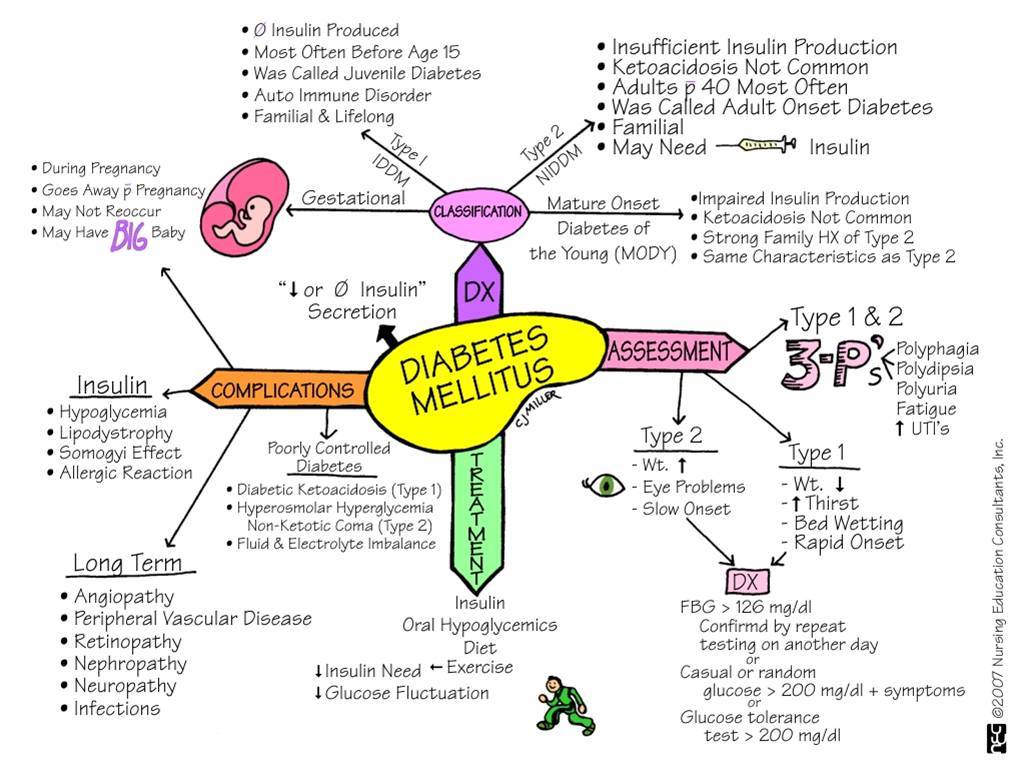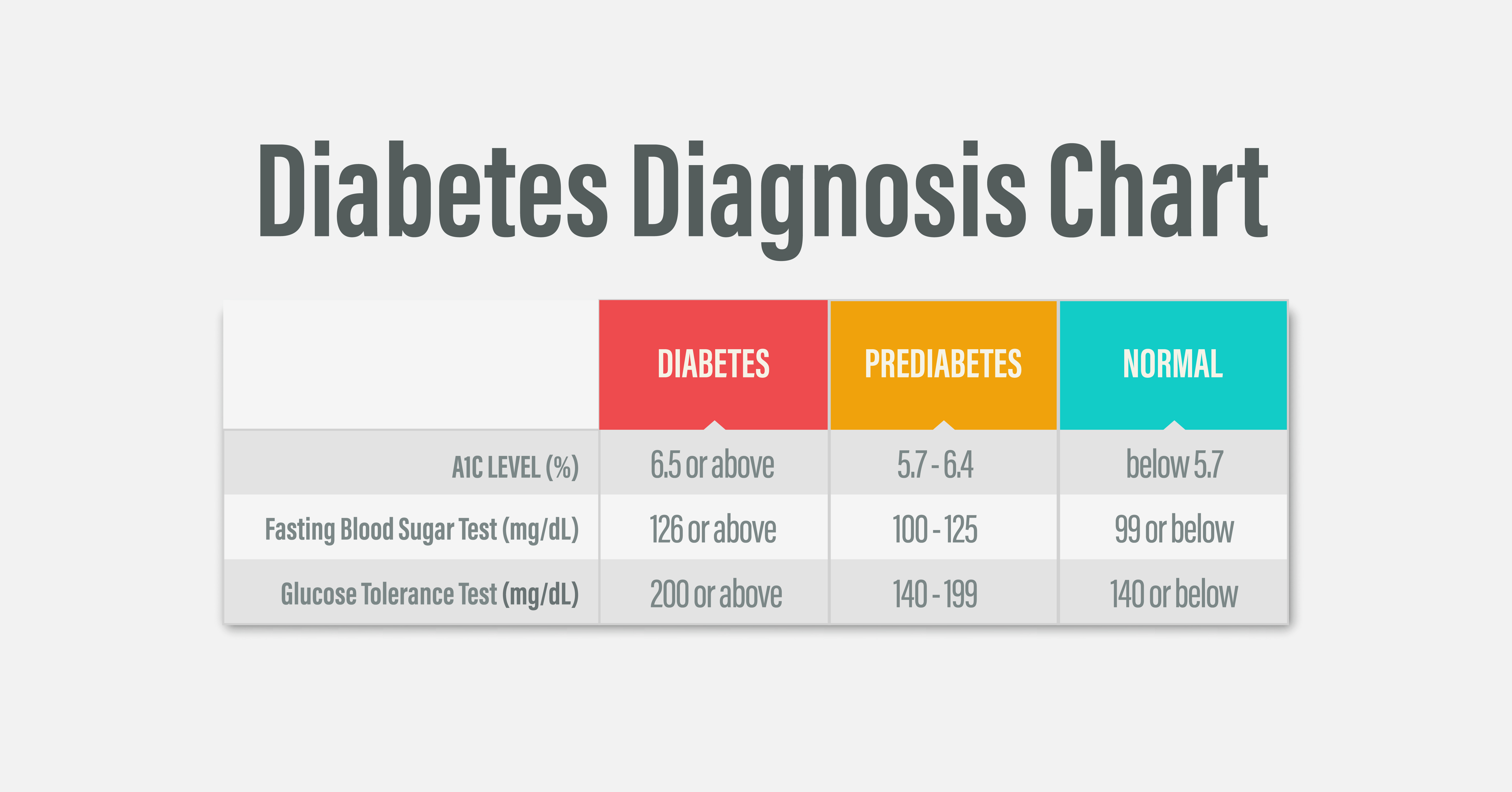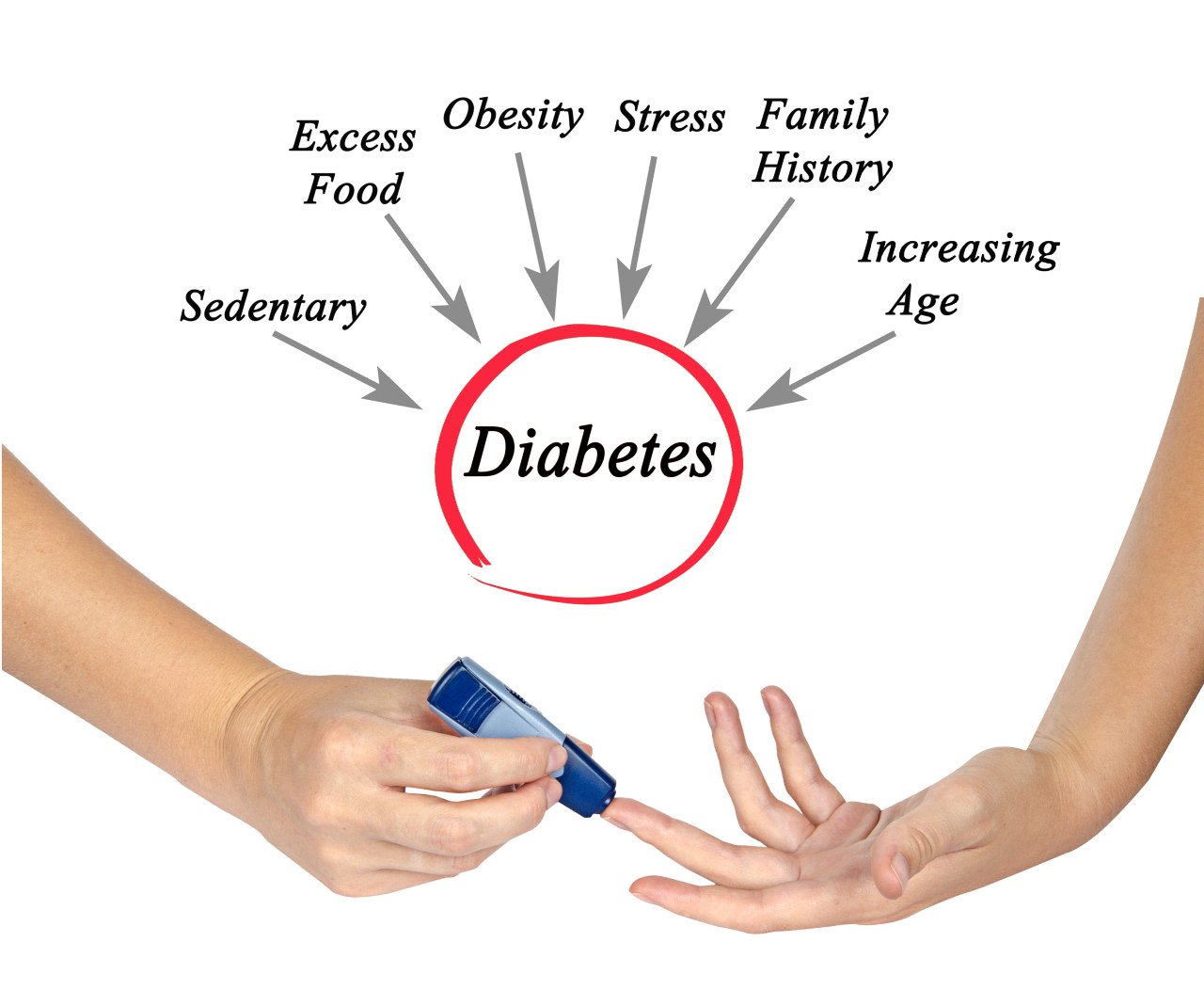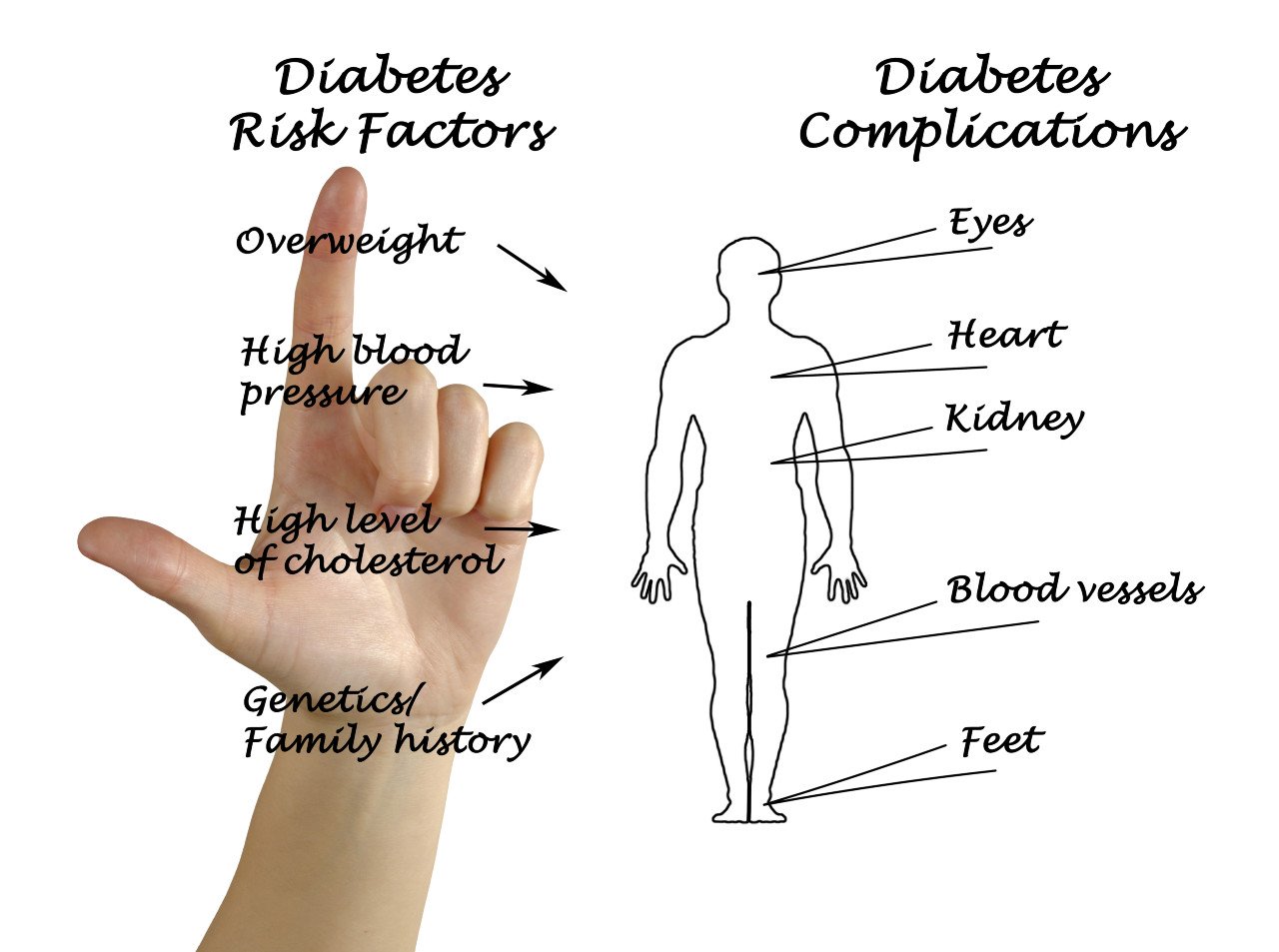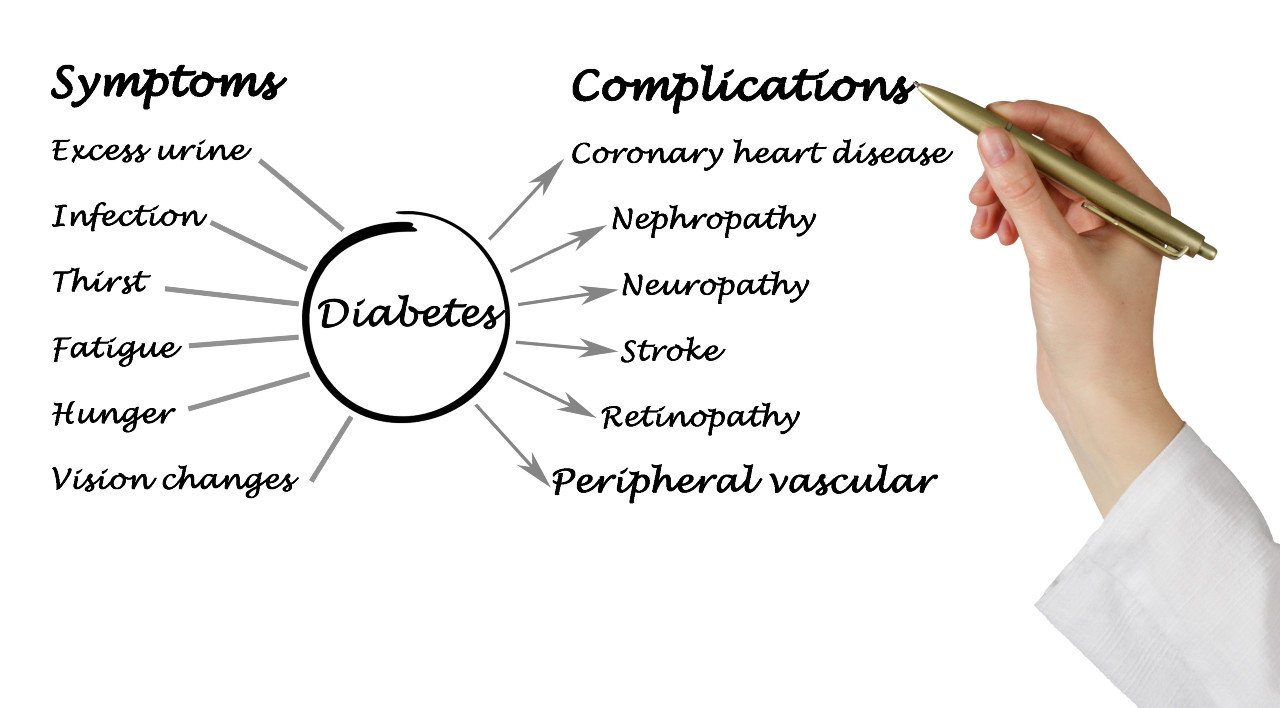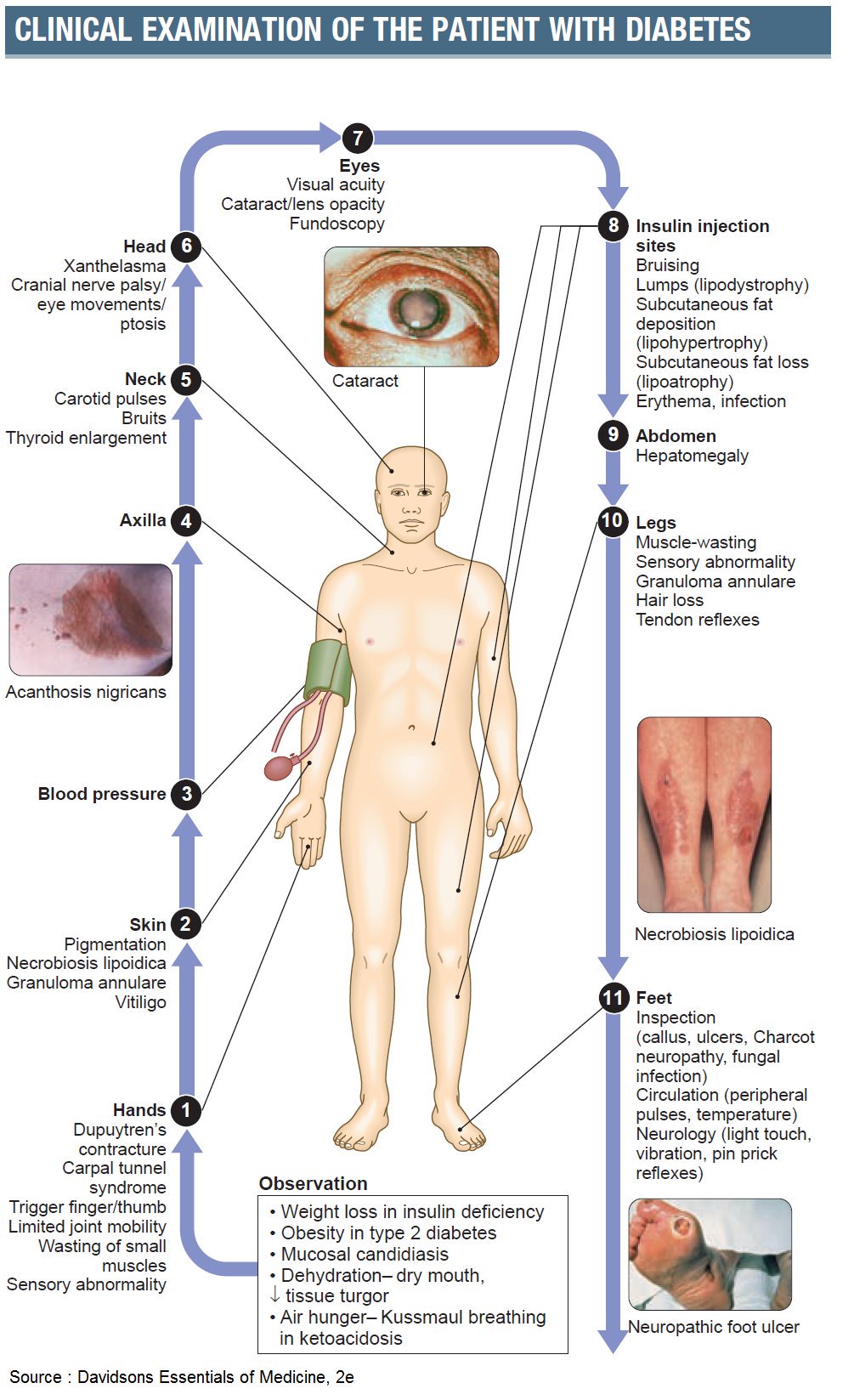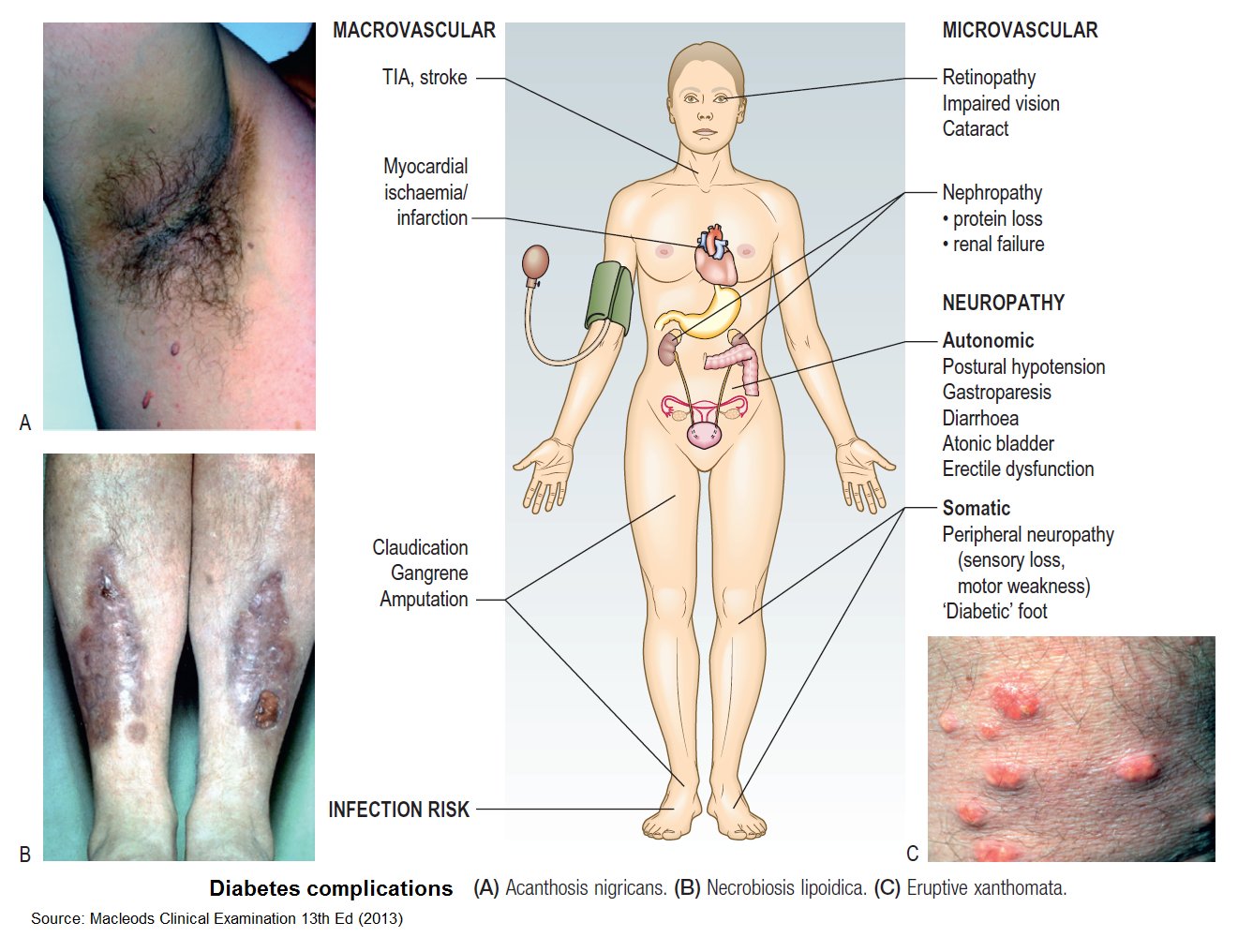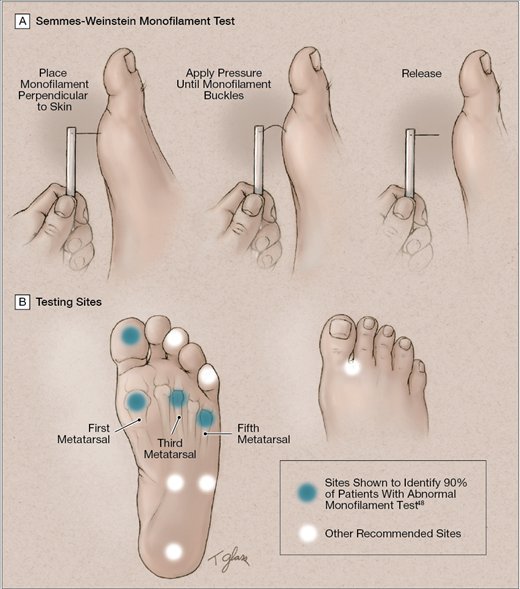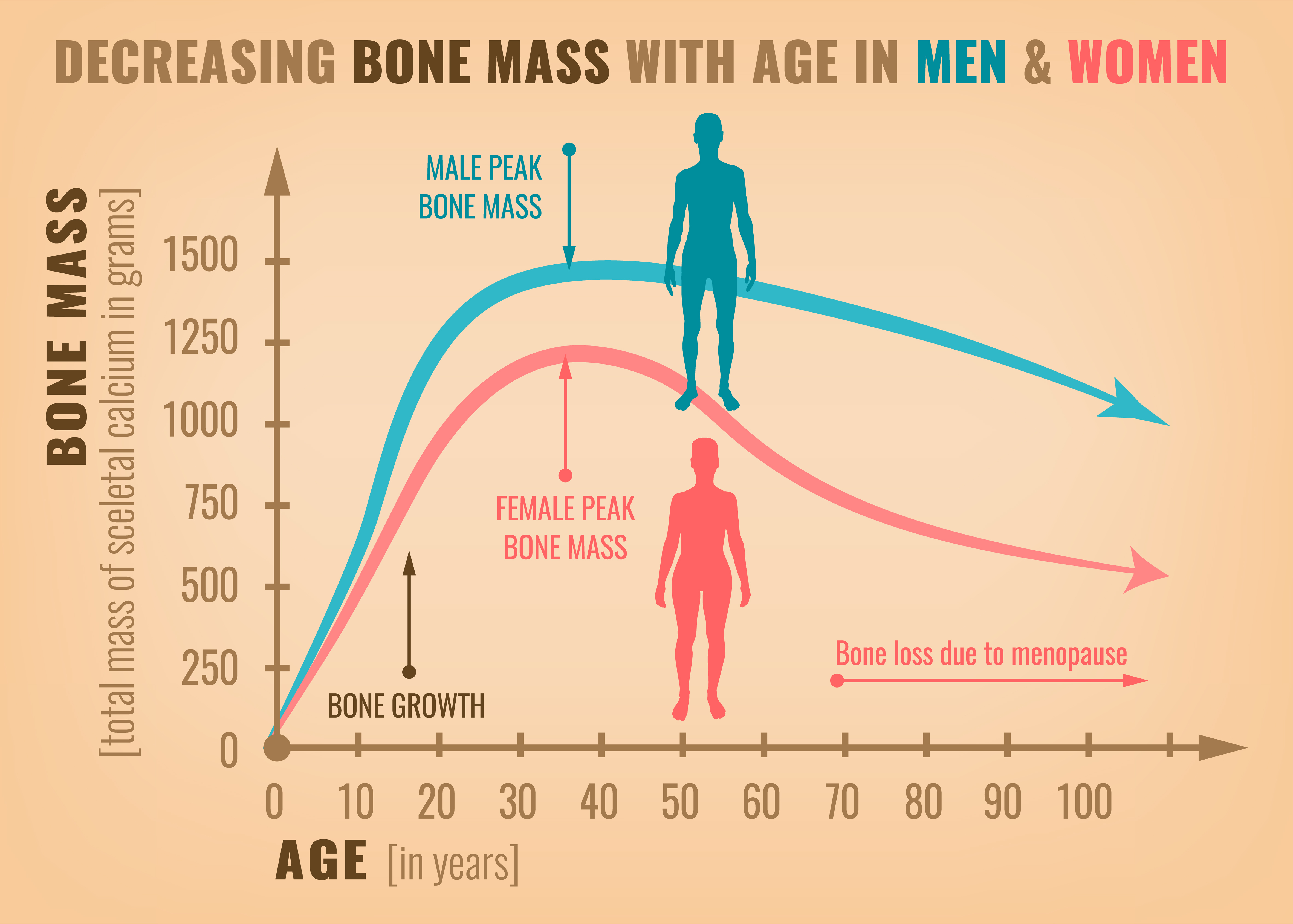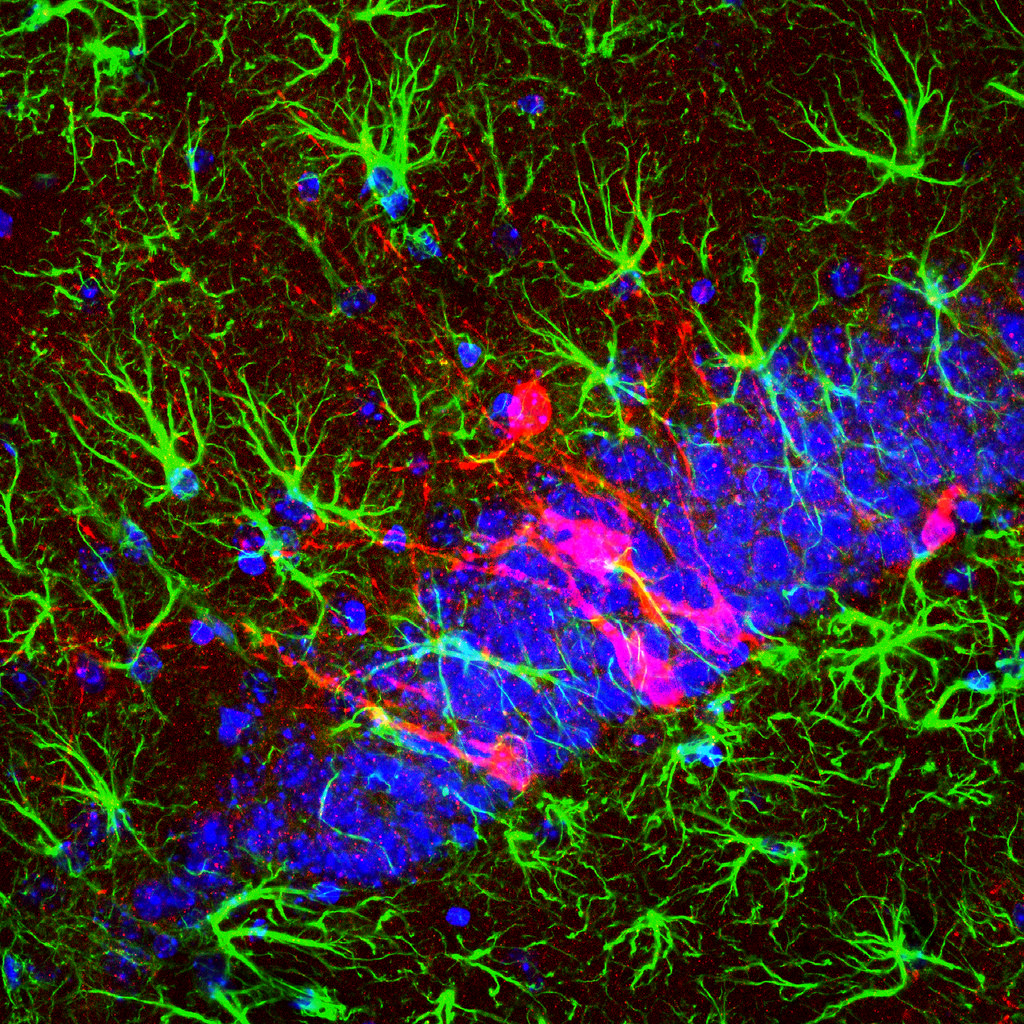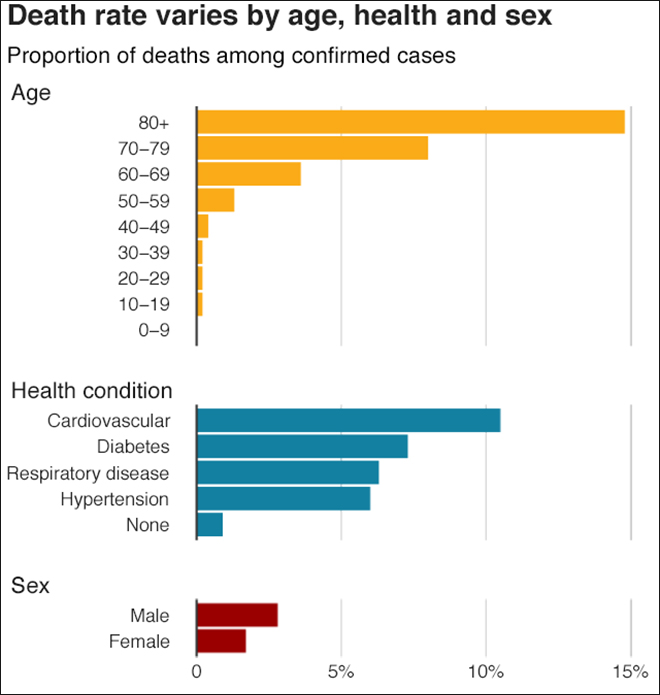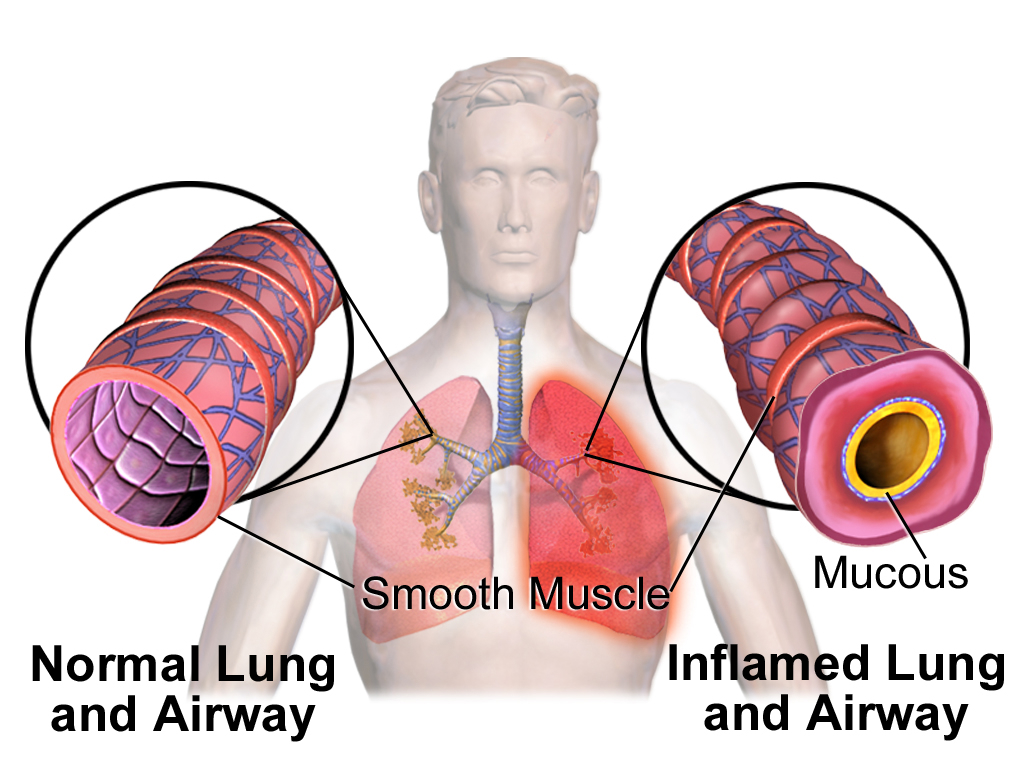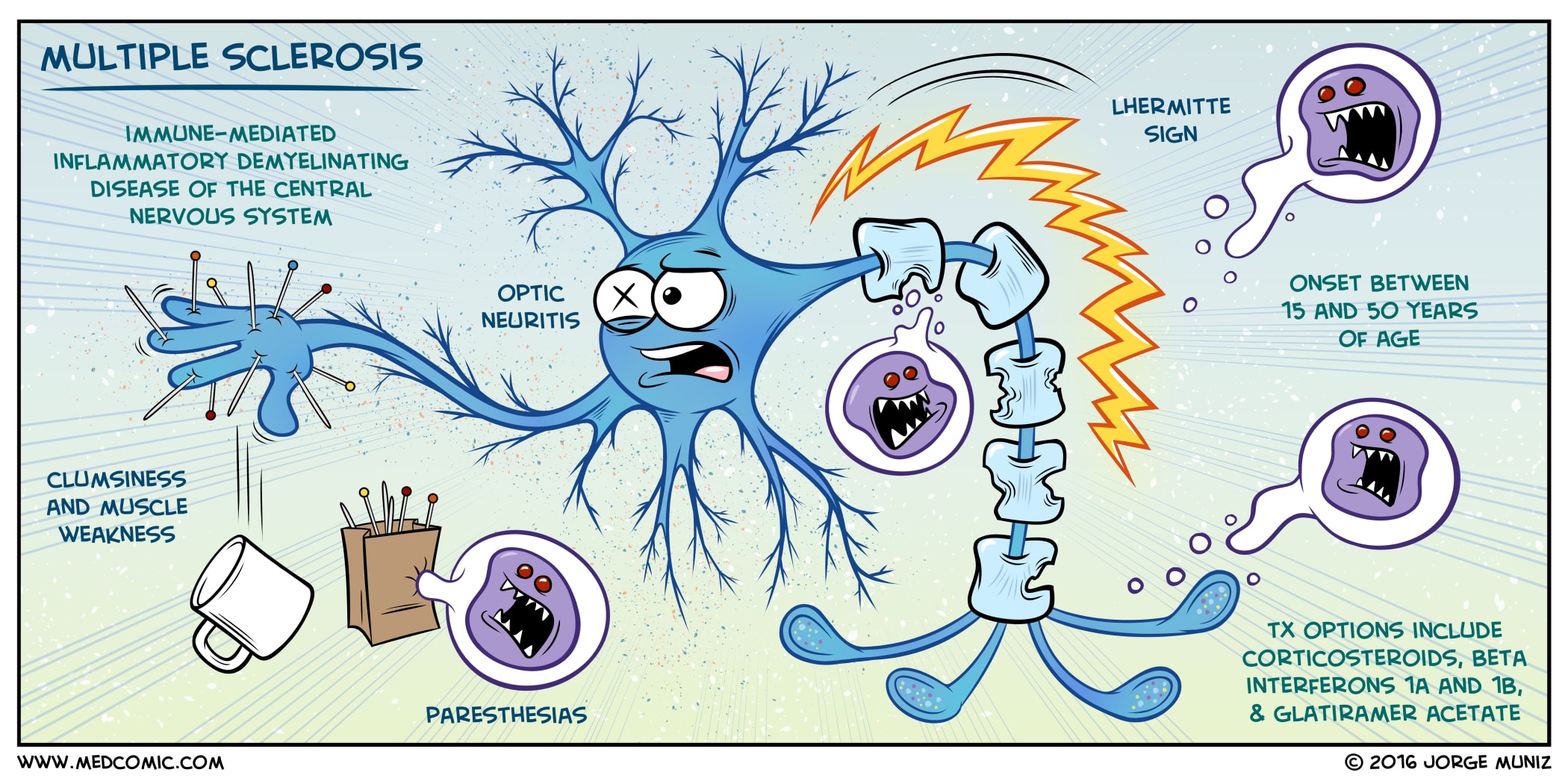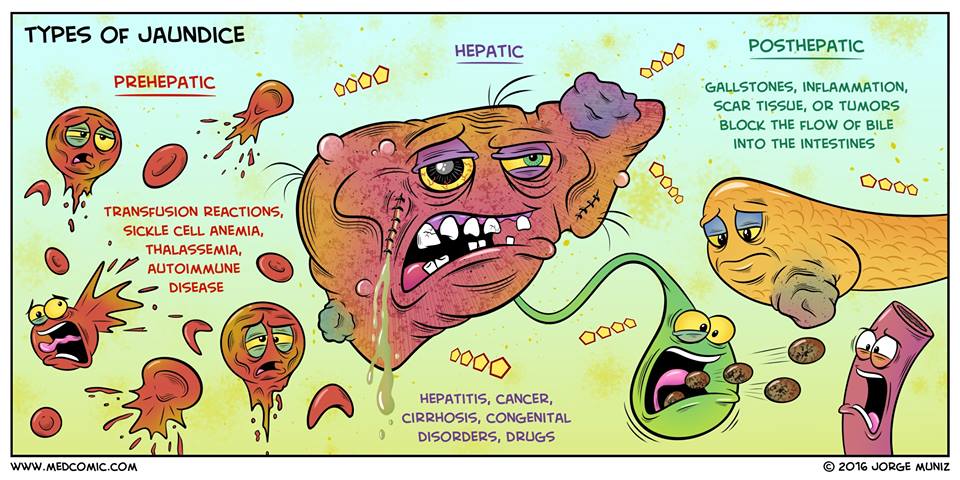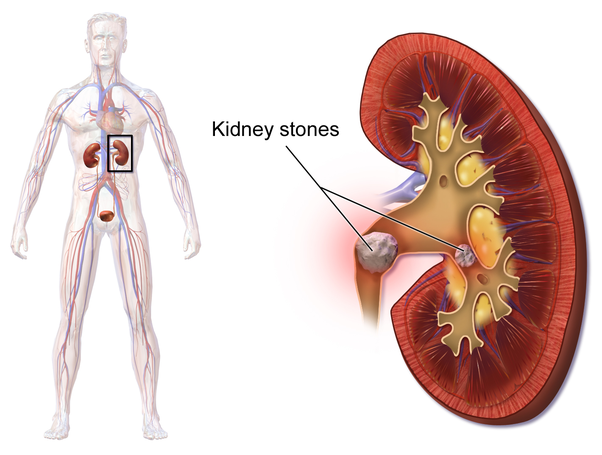What is Diabetes Mellitus, Prediabetes and Insulin Resistance?
What are the symptoms and causes of Diabetes, Prediabetes or Insulin resistance? Can thiese lifestyle diseases and chronic health conditions be reversed? What are the health risks of being hyperglycemic?
What is Diabetes Mellitus? 什么是糖尿病?
Diabetes occurs when the body has difficulty processing sugar normally, due to issues with a hormone called insulin.
There are two types of diabetes :
- Type 1 diabetes is usually diagnosed early in life and is due to a lack of insulin production.
- Type 2 diabetes is much more common and is usually diagnosed later in life.
In type 2 diabetes, there are usually deficits in both the production and response of the body to insulin. Genetics does play a role in the development of type 2 diabetes, but lifestyle and particularly the amount of sugar and carbohydrates in the diet, are very important.
What is Prediabetes? 什么是糖尿病前期?
Because type 2 diabetes develops over the course of many years, there is a phase called prediabetes, in which the body’s insulin response to sugar is still present, but not as efficient as normal. When the cells in the body do not respond as well to insulin as they should, this is called “Insulin resistance”.
During prediabetes, if we test the blood, we will find higher levels of sugar than normal, even a long time after eating, but not at high enough levels to be called diabetes yet. This is called “impaired fasting glucose”.
The reason that it is important to identify people with prediabetes is that there is still time to reverse the illness before it becomes full diabetes. Even if it does not develop fully into diabetes, someone with prediabetes is at a much higher risk of heart disease.
Causes & Risks of Insulin Resistance
Insulin resistance is part of the “metabolic syndrome”, which involves high blood pressure, heart disease, liver disease and weight gain.
Weight loss and healthy diet are able to return the blood glucose back to normal and this can be demonstrated with follow up with your family doctor.
Type 2 diabetes affects 1 in 10 people in Singapore and is on the rise. It is caused by a reduction in the body’s ability to process sugar, which is controlled by a hormone called insulin.
When there is not enough insulin, or it doesn’t work properly in the body, this results in high blood sugar levels. Diabetes develops over a long time and there is a period where there is evidence of higher blood sugar than normal, but not at high enough levels to be diabetes (Prediabetes).
What does the HbA1c test in your blood test results mean?
The hemoglobin A1c test tells you your average level of blood sugar over the past 2 to 3 months. It is also called HbA1c glycated hemoglobin test or glycohemoglobin. People who have diabetes need this test regularly to see if their levels are staying within range.
Long Term Risks & Complications of Diabetes on your body
糖尿病对您身体的长期风险和并发症
Angiopathy - Disease of the arteries, veins, and capillaries. The most prevalent angiopathy is diabetic angiopathy, a common complication of chronic diabetes.
Peripheral Vascular Disease (PVD) - This blood circulation disorder causes the blood vessels outside of your heart and brain to narrow, block, or spasm. This can happen in your arteries or veins. PVD typically causes pain and fatigue, often in your legs, and especially during exercise.
Retinopathy - This is a disease of the retina which results in impairment or loss of vision. Diabetic Retinopathy is caused by damage to the blood vessels of the light-sensitive tissue at the back of the eye (retina). This can eventually lead to blindness. The longer you have diabetes and the less controlled your blood sugar is, the more likely you are to develop this eye complication.
Nephropathy - This is a disease of the kidneys caused by damage to the small blood vessels in the kidneys that clean the blood. People who have had diabetes for a long time may develop nephropathy.
Neuropathy - Neuropathy is damage or dysfunction of one or more nerves that typically results in numbness, tingling, muscle weakness and pain in the affected area. Neuropathies frequently start in your hands and feet, but other parts of your body can be affected too.
Diabetic Infections - The most common sites are the skin and urinary tract. Dermatologic infections that occur with increased frequency in patients with diabetes include staphylococcal follicular skin infections, superficial fungal infections, cellulitis, erysipelas, and oral or genital candidal infections.
High blood sugar from diabetes can affect the body's immune system, impairing the ability of white blood cells to come to the site of an infection, stay in the infected area, and kill microorganisms.
People with high blood sugar from diabetes can be more severely affected by common infections, such as influenza and pneumonia caused by Streptococcus pneumoniae. This is why immunizations for influenza (the flu) and pneumococcal disease (ie PCV) are recommended for people who have diabetes. Refer below for the National Adult Immunization Schedule (NAIS) Singapore.
What can you do if you have Prediabetes or Diabetes? Click here to learn more.
Complications of Diabetes
Diabetic Neuropathy Easy Self Assessment
Diabetic neuropathy is a type of nerve damage that can occur if you have diabetes. High blood sugar (glucose) can injure nerves throughout your body. Diabetic neuropathy most often damages nerves in your legs and feet.
You may use a piece of stiff fishing line string to do this easy Diabetic foot self test. If you have lost sensation in any of the spots indicated in the above diagram, seek medical advice from your family doctor to get a professional diagnosis and medical intervention.
'An ounce of prevention is worth a pound of cure.'
Health Assessment & Screening Packages
How a Gluten-free Diet can Improve your Chronic Illnesses
Healthy Diets for Optimal Health
|
Risk Factors of COVID-19 Complication
Source : Observer Research Foundation
Lung, Neurological, Liver & Kidney Diseases
The information provided in this website is for knowledge purposes only. It does not constitute medical advice.
Should you encounter any medical problem that you are unsure of, always consult your doctor or health care provider for assistance and medical advice.
